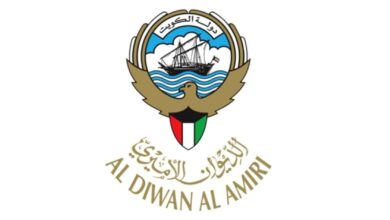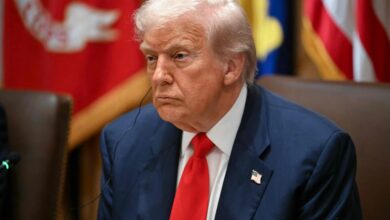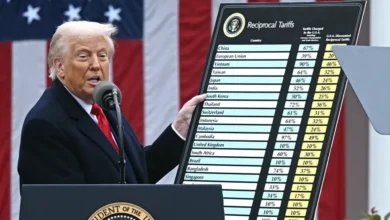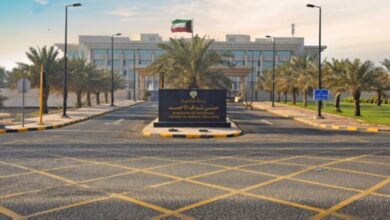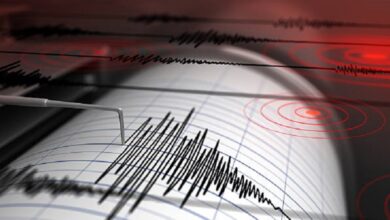Kuwait warns of alarming global radiation levels, says monitoring vital to prevent health hazards
International community bears a shared responsibility to prevent harmful or deliberate uses of radioactive materials and to ensure that nuclear technology is applied solely for peaceful purposes, including medicine, clean energy, agriculture, and scientific research -- Al-Ajmi
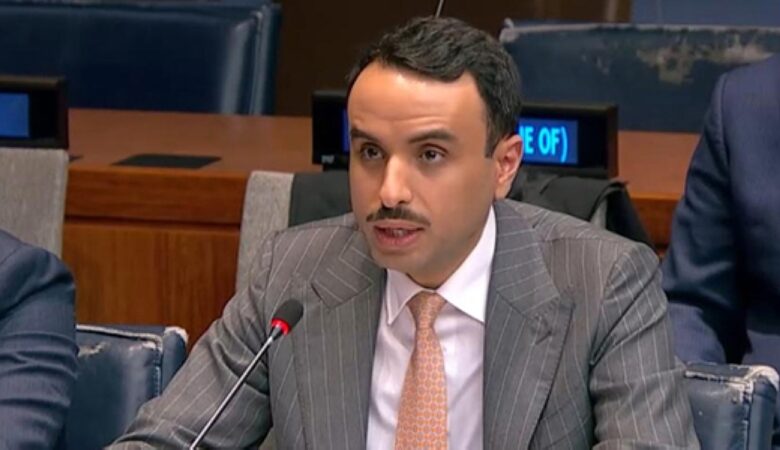
Kuwait on Wednesday warned of a worrying rise in global radiation levels, highlighting potential long-term health and environmental consequences.
Speaking before the United Nations General Assembly’s Special Political and Decolonization Committee, Second Secretary Abdulrahman Mohammed Al-Ajmi stressed the urgent need for enhanced environmental monitoring and surveillance systems to address radiation’s effects.
Al-Ajmi underscored that the international community bears a shared responsibility to prevent harmful or deliberate uses of radioactive materials and to ensure that nuclear technology is applied solely for peaceful purposes, including medicine, clean energy, agriculture, and scientific research.
Highlighting Kuwait’s commitment, he noted the importance of balancing sustainable development with environmental protection, using peaceful nuclear applications for areas like water desalination, clean energy production, and safeguarding ecosystems from long-term radioactive contamination.
Kuwait hosts four regional IAEA service and cooperation centers focused on medicine, marine environments, and radiation protection, reflecting its advanced scientific expertise, qualified personnel, and modern technical infrastructure. These centers support both regional and international research programs.
The Environmental and Life Sciences Research Center at KISR was renewed as an IAEA Collaboration Center (2023–2027) for monitoring radioactive contamination in the seas, demonstrating international confidence in Kuwait’s role in environmental monitoring and marine radiation safety.
Similarly, the Radioactivity Measurement Laboratory at KISR was accredited as a regional resource center under the ARASIA Group of the IAEA, with a recent MoU emphasizing expanded regional cooperation.
Al-Ajmi highlighted past joint projects with the IAEA, including the use of peaceful nuclear technologies in cancer treatment and monitoring marine microplastic pollution, showcasing Kuwait’s position as a regional hub for nuclear science applications that support sustainable development and environmental protection.
He also detailed Kuwait’s Integrated National Nuclear Security Plan, which strengthens national nuclear security infrastructure, enhances institutional, human, and technical capacities, prevents illicit trafficking of radioactive materials, and ensures preparedness for nuclear emergencies. Kuwait reaffirmed its commitment to scientific research, international collaboration, and responsible nuclear technology use to safeguard human health, the environment, and sustainable development.







